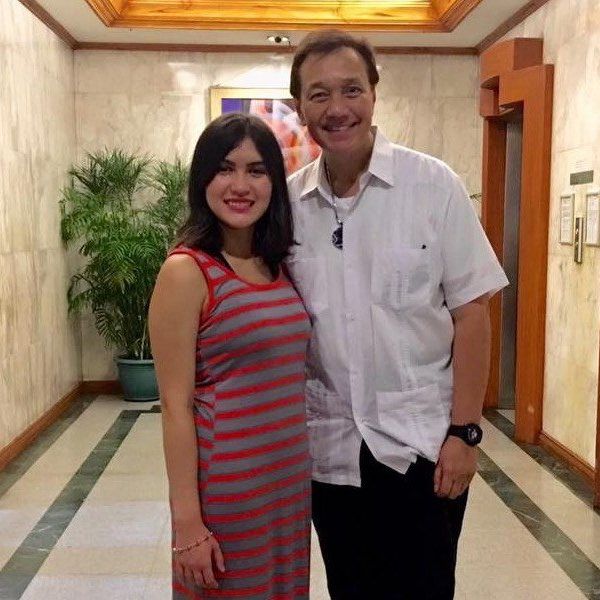I don't need to qualify this article by raving about "Black Panther" and its success. It isn't a secret by now that Marvel's latest installment has been a runaway hit, demolishing box office records and pleasing fans and critics alike.
The power of the "Black Panther" extends beyond the veiled lands of Wakanda and bursts from the screen. It has ignited conversations, praises, and debates across the internet in a way that no other Marvel film has.
It's the most important film the studio has released yet, whether or not you think it succeeds in its presentation of complex social issues and even more complex characters. It's a heavily nuanced debate that I don't feel like I have the right to comment on.
However, I can say that "Black Panther" offered us the greatest "villain" in a Marvel film yet. Michael B. Jordan's performance was absolutely stellar, and director Ryan Coogler's vision and execution for his film outpace most, if not all, the other films in the franchise.
It also presented us with some of the best supporting characters and the best women to feature in a Marvel movie yet. Lupita Nyong'o, Danai Gurira, and Letitia Wright steal the show. They're strong, independent, complex, and are given room to breathe apart from the male leads in the film. Calling them secondary or minor characters would be simultaneously disrespectful and blatantly inaccurate
But for all its power and voice, ultimately as an Asian-American, this movie was not meant for me.
"Black Panther" is a movie that celebrates African culture and its people. It's also yet another example of a big-budget, Hollywood film that relegates Asia and its people to a backdrop for the heroes to rip through.
It's become such a common practice for films like these to send the heroes to Japan, China or Korea, cause some havoc, then leave. So when "Black Panther" brought us to Busan, South Korea for some action and a chase scene ending with a crowd of Koreans with their phones out recording the aftermath, I was unsurprised.
The only place I could find myself represented in this movie was a face in the crowd. A witness to the heroes in action.
But I left the cinema more excited than ever for the future of superhero stories and representation in media.
Because "Black Panther" didn't just take steps towards improving intersectional representation in Hollywood films. It took leaps and bounds, shattering expectations and raising a fist to the status quo.
It paves the way for more films and stories like it to be told from different perspectives, from different cultures, with different heroes.
A step forward for one group of people does not have to be a step back for others, and "Black Panther" proves that triumphantly.
I saw myself in the background this time, but the Black Panther's claws are shredding open new paths and opportunities for others to follow in the only way a true superhero can.
That's the real power of a superhero movie. That's the power of the Black Panther.
Wakanda forever.



















